Diving is not just a thrilling recreational activity; it also opens up a world of lucrative opportunities for those passionate about the underwater realm.
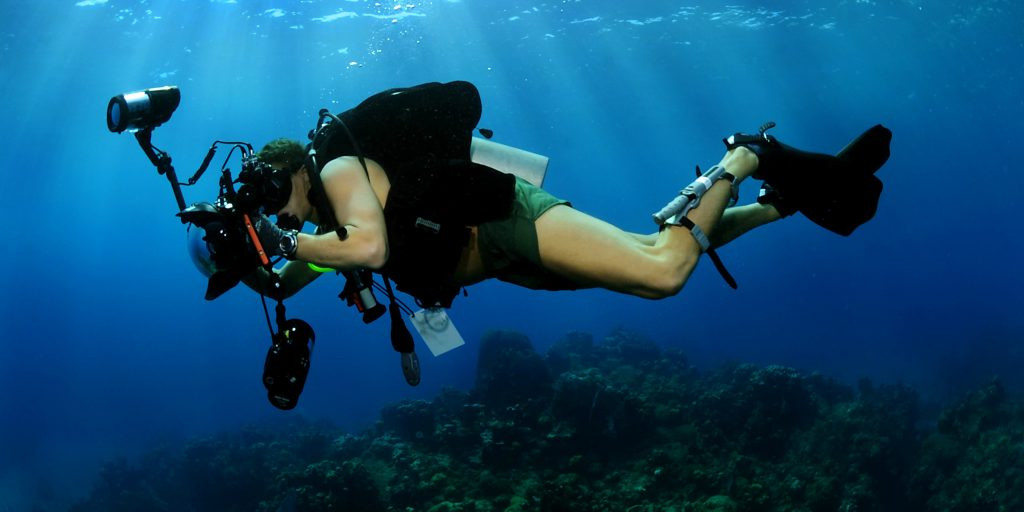
Whether you are a certified scuba diver or a professional commercial diver, there are various deep sea diving jobs available that can turn your passion into a fulfilling career.
In this article, we will explore the diverse range of diving jobs. Their requirements, and the potential for growth in this exciting field as well.
How can you make money as a diver?
A diver can explore various avenues to make money. Firstly, divers can turn their passion into a profession by becoming a scuba diving instructor or guide. By imparting their knowledge and skills to others.
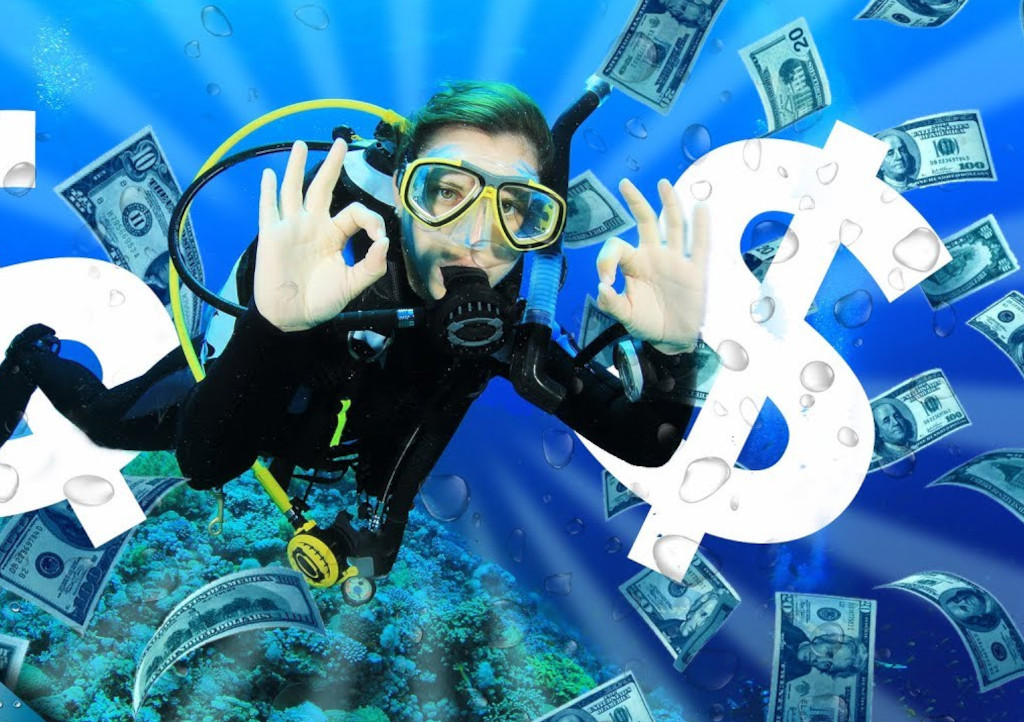
Divers can also seek employment with research organizations or marine institutes, participating in underwater research projects or assisting with marine conservation efforts.
Underwater photography and videography provide opportunities to capture the beauty of the underwater world. Selling their work to publications, websites, or galleries.
Additionally, skilled divers can offer specialized services like underwater construction. Also maintenance, or salvage operations, catering to industries such as oil and gas, maritime, or aquaculture.
Commercial Diving: Exploring the Depths
Commercial diving is a sector that offers diverse opportunities for skilled divers. From offshore oil rigs and underwater construction projects to underwater welding and salvage operations, commercial diving encompasses a wide range of underwater tasks.
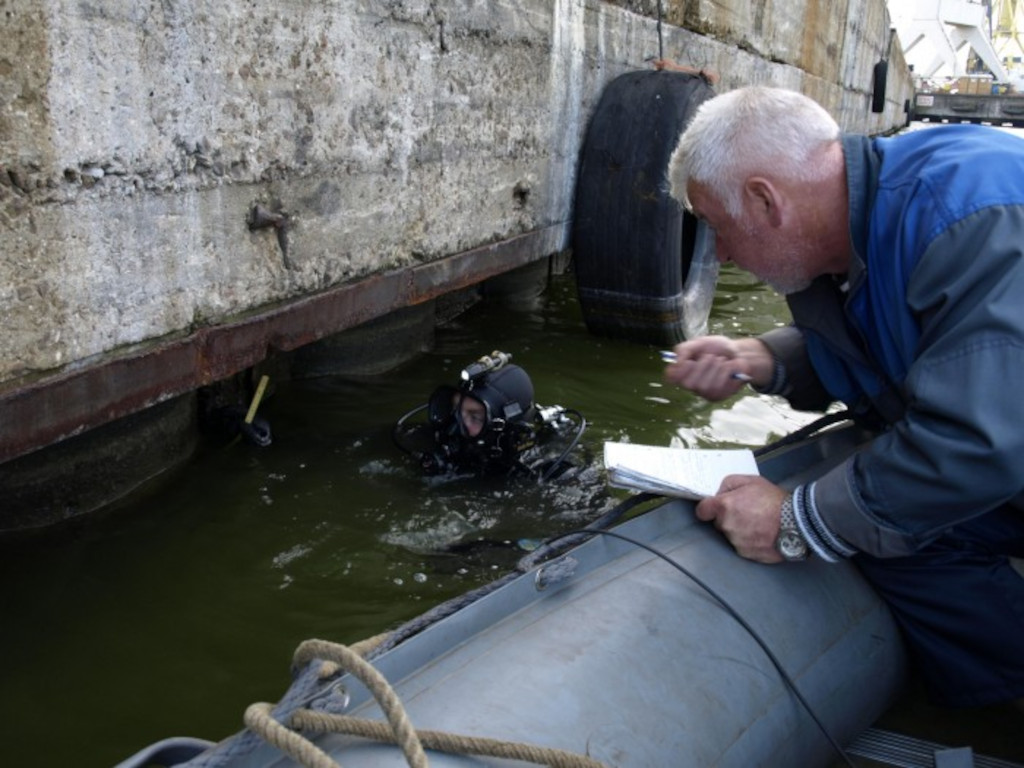
These jobs require specialized training and certifications, such as the Association of Diving Contractors International (ADCI) certification. The demand for commercial divers is growing due to the expansion of industries like offshore energy and maritime construction.
As a commercial diver, you may find yourself inspecting and repairing underwater structures, conducting underwater welding operations, assisting with underwater drilling, or participating in salvage operations. These jobs often require working in challenging conditions and environments, such as deep-sea diving or confined spaces. However, they offer competitive salaries and the opportunity to work on exciting projects around the world.
A career in commercial diving
To pursue a career in commercial diving, it is essential to complete a recognized commercial diving training program. These programs provide comprehensive training in diving techniques, equipment operation, safety procedures, and specialized skills required for specific commercial diving jobs. Additionally, obtaining certifications from organizations like the ADCI or the International Diving Schools Association (IDSA) can enhance your employability and open doors to a wide range of commercial diving opportunities.
Scientific Diving: Unveiling the Mysteries of the Sea
Scientific diving offers a unique opportunity for divers to contribute to marine research and conservation efforts. Scientists rely on skilled divers to collect samples, conduct underwater surveys, and document marine life in their natural habitats.
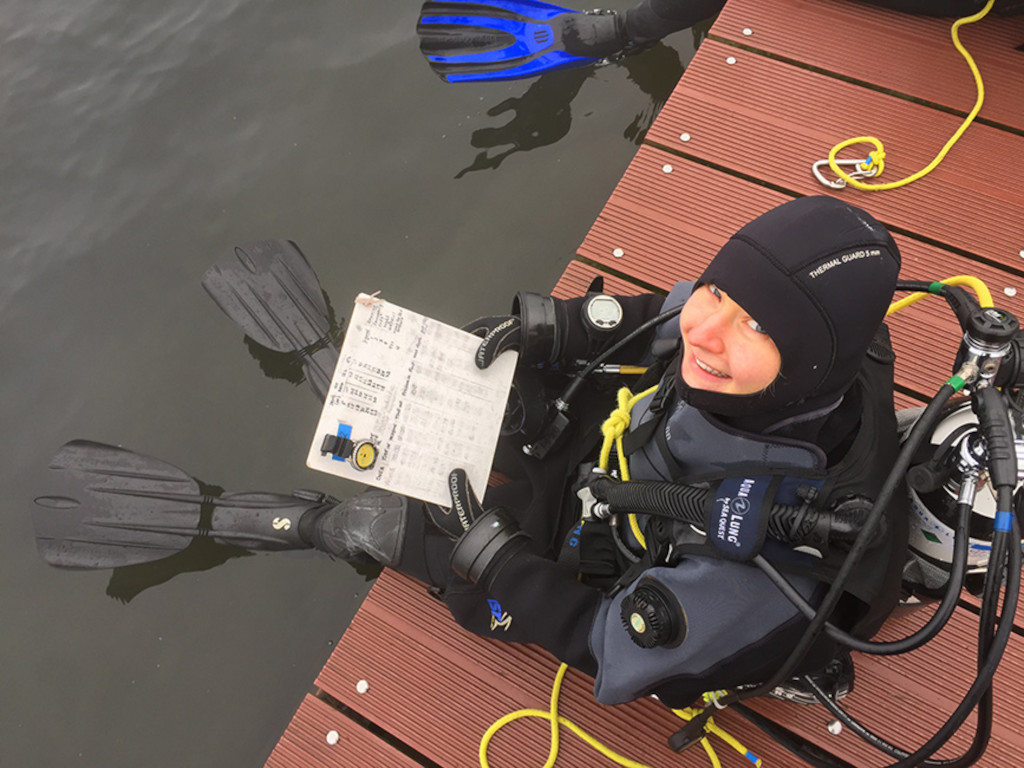
From studying coral reefs and marine ecosystems to conducting archaeological research, scientific divers play a vital role in advancing our understanding of the underwater world. A scientific diving certification from organizations like the American Academy of Underwater Sciences (AAUS) is often required to participate in research projects.
As a scientific diver, you may find yourself involved in projects focused on marine biology. As well as oceanography, marine geology, or underwater archaeology. These projects can take you to exotic locations and allow you to work alongside renowned scientists and researchers. Scientific diving requires attention to detail. It requires strong observational skills, and the ability to collect accurate data while adhering to strict scientific protocols. It is a rewarding field that allows divers to contribute to scientific discoveries and the conservation of marine ecosystems.
Underwater Photography and Videography: Capturing the Sublime
Underwater photography and videography have gained immense popularity in recent years. With advancements in technology and equipment, capturing the beauty of the underwater world has become more accessible.
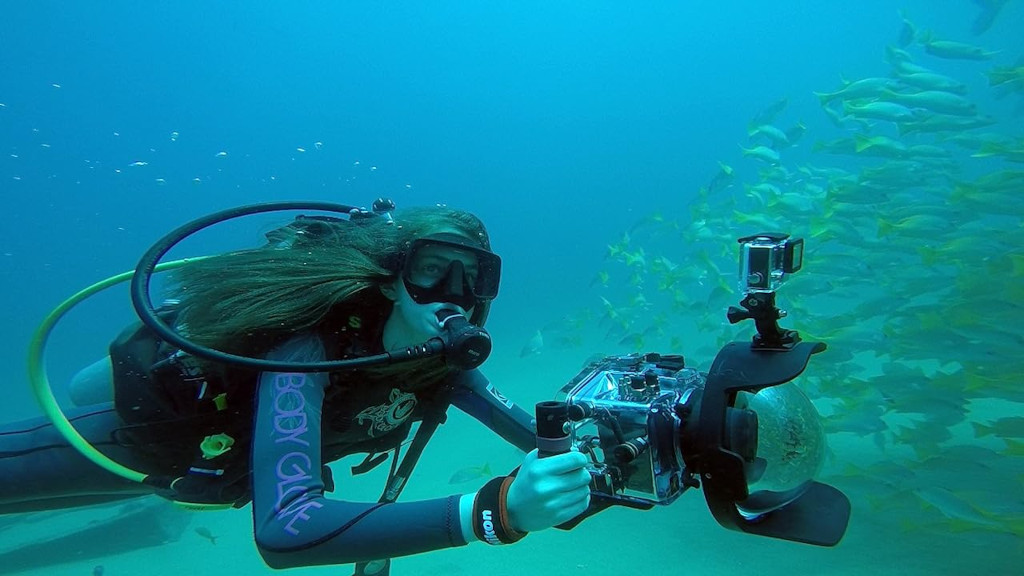
Skilled underwater photographers and videographers can find opportunities in various fields, including wildlife documentaries, travel publications, and advertising campaigns. In addition to diving skills, mastering underwater photography techniques and understanding marine life behavior are crucial for success in this visually stunning profession.
As an underwater photographer or videographer, you will be responsible for capturing captivating images or footage of marine life, coral reefs, underwater landscapes, or even human subjects. This requires a deep understanding of composition, lighting, and the technical aspects of underwater photography equipment. Patience, creativity, and a passion for storytelling are essential to convey the magic of the underwater world through visual media.
To excel in underwater photography or videography, consider investing in specialized training courses and workshops. These programs will help you develop your technical skills, refine your artistic vision, and learn about the specific challenges and safety considerations associated with underwater photography. Building a strong portfolio and networking with professionals in the industry can also increase your chances of securing exciting projects and collaborations.
Diving Instructor: Sharing the Passion
Becoming a diving instructor allows you to share your love for the underwater world with others while earning a living.
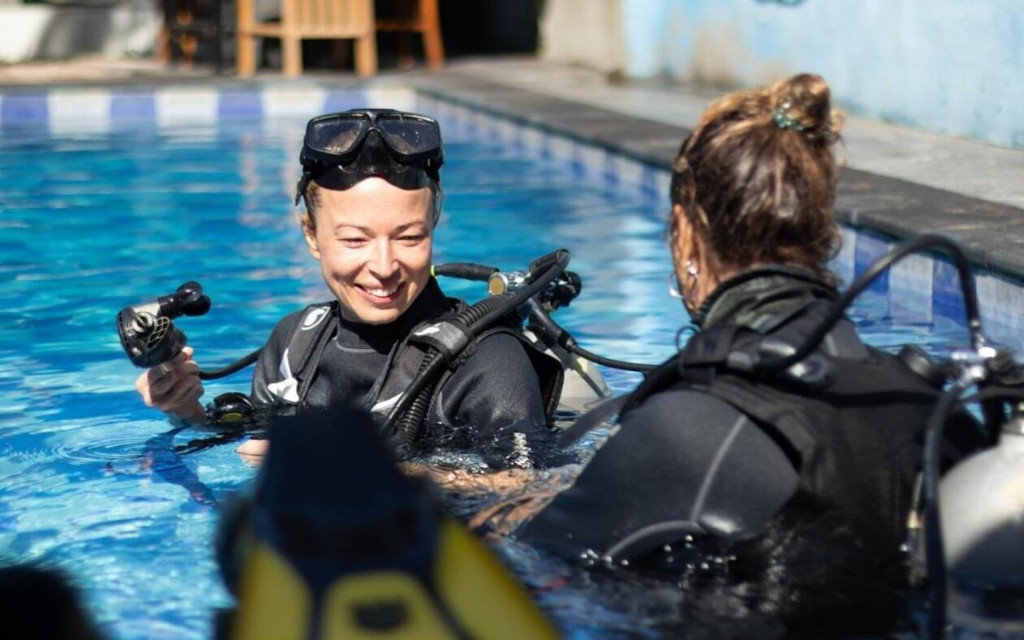
As a diving instructor, you can teach aspiring divers at various levels, from beginners to advanced certifications. Instructors often work in dive resorts, liveaboards, or dive centers located in popular diving destinations. Certifications from recognized diving agencies like PADI (Professional Association of Diving Instructors) or SSI (Scuba Schools International) are essential to becoming a qualified diving instructor.
As a diving instructor, your responsibilities will include conducting classroom and pool sessions, organizing and supervising open water dives, and ensuring the safety and well-being of your students.
You will have the opportunity to introduce people to the wonders of the underwater world, help them overcome any fears or challenges, and guide them through their diving journey. Being a diving instructor requires excellent communication skills, patience, and the ability to adapt to different learning styles.
To become a diving instructor, you will need to progress through the various levels of diving certifications, gaining experience and knowledge along the way. Once you have obtained the necessary certifications, you can pursue additional training programs to specialize in areas such as underwater photography, deep diving, or technical diving instruction. Being a diving instructor not only allows you to inspire and educate others but also provides a stable career path with opportunities for advancement, such as becoming a course director or instructor trainer.
Protecting Lives:Public Safety Diving
Public safety diving involves using diving skills to perform search and rescue operations, recover evidence, or inspect submerged structures.
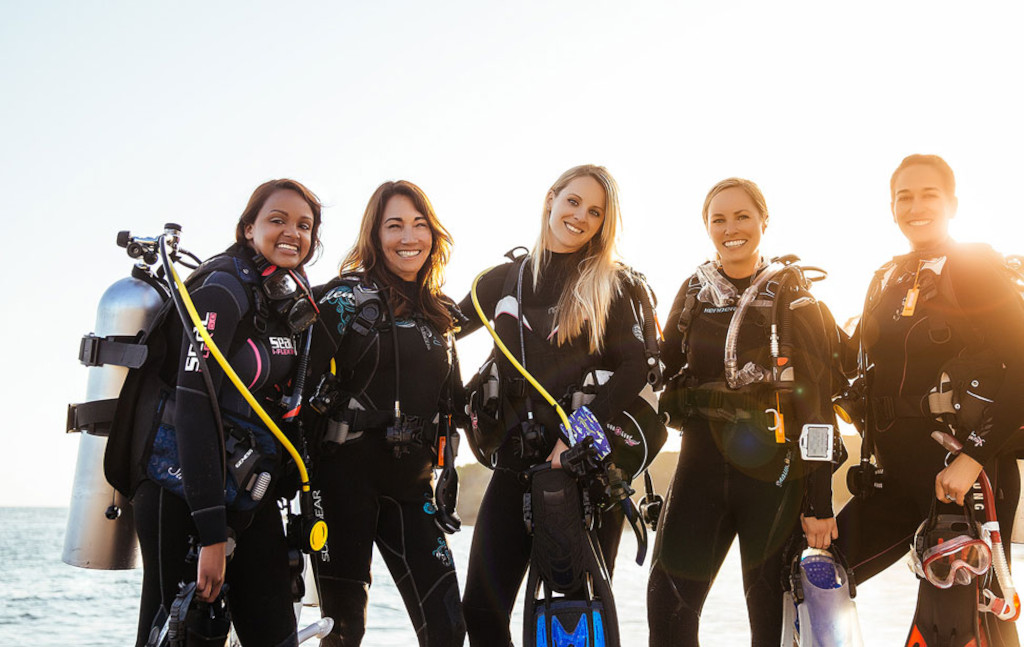
Public safety divers work closely with law enforcement agencies, fire departments, and other emergency response teams to provide underwater support in critical situations.
This demanding field requires divers to undergo specialized training in underwater crime scene investigation, evidence recovery techniques, and search patterns.
As a public safety diver, you will play a crucial role in responding to emergencies. Locating missing persons, recovering evidence, or conducting underwater inspections.
These operations can take place in various environments, including rivers, lakes, or coastal areas. Strong diving skills, the ability to remain calm under pressure, and effective communication with your team are essential attributes.
Public safety diving certifications are typically offered through organizations like the National Association of Underwater Instructors (NAUI) or the Professional Diving Instructors Corporation (PDIC). These certifications provide the necessary training and knowledge to handle the unique challenges associated with public safety diving. It is important to note that public safety diving often involves working in high-risk situations, so divers must be physically fit and prepared to follow strict safety protocols.
Public safety diving is a field where you can make a tangible difference in people’s lives. By using your diving skills to contribute to public safety you will have the opportunity to positively impact your community.
Although it may involve challenging and emotionally demanding situations, public safety diving can be immensely rewarding. Specially for those passionate about helping others and ensuring the safety of our waterways.
Cave Diving: Exploring the Unknown
For thrill-seeking divers who crave adventure and exploration, cave diving presents an extraordinary opportunity.
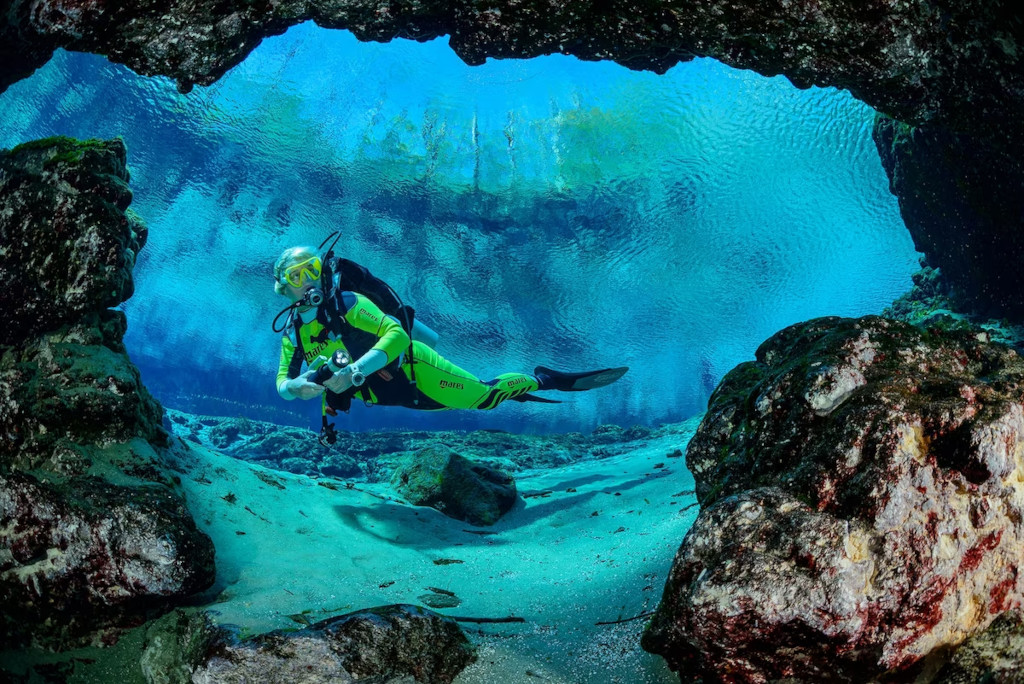
Cave divers explore intricate underwater cave systems, revealing hidden wonders and mapping uncharted territory. However, cave diving is one of the most challenging and dangerous diving disciplines, requiring extensive training and experience. Divers interested in cave diving should pursue certifications from organizations like the National Association for Cave Diving (NACD). Also the Cave Divers Association of Australia (CDAA).
Cave diving offers a unique blend of adrenaline-pumping excitement and awe-inspiring beauty. It allows divers to enter submerged cave systems, navigating through narrow passages. It allows exploring breathtaking rock formations, and encountering specialized cave-dwelling species.
However, the risks associated with cave diving, including limited visibility. Potential entanglement hazards, and the need for proper gas management, make it a discipline that demands exceptional skills.
Cave diving: Becoming a cave diver
To become a cave diver, it is crucial to undergo comprehensive training with qualified instructors who specialize in cave diving. These courses will cover topics such as cave diving techniques, equipment configuration, navigation skills. It will also cover emergency procedures specific to cave environments. Building experience gradually and diving with experienced cave divers is essential for safely exploring cave systems. Cave divers must also stay up-to-date with the latest advancements in equipment and techniques. And adhere to strict safety protocols to mitigate risks.
Cave diving offers a unique opportunity to venture into the unknown, discovering hidden underground worlds and contributing to the exploration and mapping of underwater cave systems.
It is a field that attracts passionate divers who seek a heightened level of adventure and are captivated by the mystery and beauty that lie beneath the Earth’s surface.
Conclusion
Diving jobs offer a unique blend of adventure, exploration, and rewarding career prospects. Each diving path, be it commercial, scientific, photography, instruction, public safety, or cave diving, has unique challenges and opportunities. With the right training, certifications, and experience, you can turn your passion for diving into a fulfilling and lucrative career. Embrace the underwater world, unlock its secrets, and dive into a future filled with endless possibilities.
